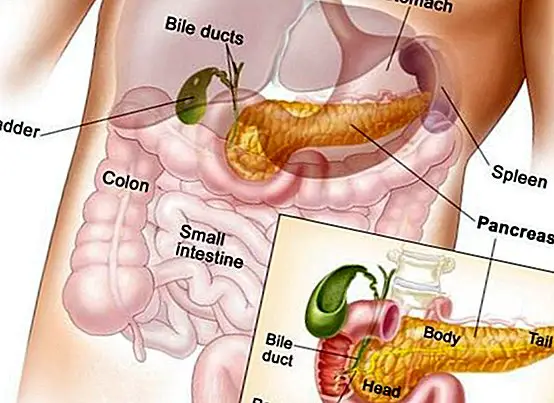«If I do not have a coffee in the morning I'm not a person»
Do you usually drink a cup of coffee? In the mornings? If so, it is possible that at some point you mentioned a phrase as common as usual in many houses: «If I do not have a coffee in the morning I'm not a person». And the fact is that when we tend to convert coffee consumption into a habit, especially at breakfast or throughout the morning (or after meals), it is normal that we tend to feel that the cup of coffee has constituted as a real need in our day to day. We can even meet people who have a coffee before going to bed, without causing them insomnia or some type of problem to sleep well.
Although it is commonly spoken of the well-known coffee addiction, the truth is that it is not appropriate to talk about addiction as such, and yes of dependence on coffee and caffeine. And is that regular and regular consumption of coffee or any other food or drink rich in caffeine tends to cause what is known medically as abstinence syndrome, which has in fact been proven through rigorous scientific studies.

But in order to produce dependence, not only a considerable consumption of coffee per day is necessary. Although the experts consider that a dose greater than 400 mg. a day can create psychological and physical dependence, so that we need more and more caffeine intake in order to achieve the desired effect and to stay active, everything will depend on the person, since we have even observed cases of coffee addiction with low daily doses (100 mg ./day, the equivalent of a cup of coffee).
What symptoms does withdrawal syndrome cause due to coffee consumption?
The reality is that the phrase that gives name to this article has a lot of meaning and can also teach us a lot about the dependence that tends to produce the daily and regular consumption of coffee, and the needs of our body to take more and more amounts of caffeine to get the same effect. In fact, there are people who need to drink the usual cup of coffee in the morning in order to "wake up" and activate. So, when they do not, the following typical symptoms arise:
- Irritability and bad mood.
- Headache.
- Sensation of numbness and fatigue.
- Difficulty to work or to concentrate.
- Depression.
- Anxiety.
- Impairment of cognitive performance.

How many cups can we take a day of coffee without risks?
As everything, a consumption of coffee taken in its proper measure and without excesses does not imply any type of risk for the health, but when we exceed the recommended daily amounts is a problem and a risk of dependence.
As we saw in a previous article in which we asked ourselves how many cups of coffee can be taken per day, It is not recommended to consume more than 400 to 550 mg. of caffeine a day. That is to say, it is not advisable to exceed 4 cups of coffee daily, always keeping in mind that the amounts of caffeine present in a cup of coffee varies depending on the type. So, for example, while a cup of espresso coffee has about 200 mg., A cup of instant coffee between 30 to 40 mg. Even though Many experts agree that it is best not to spend 2 to 3 cups a day, around 200 mg. of caffeine daily.
Images | McKay Savage This article is published for informational purposes only. You can not and should not replace the consultation with a Nutritionist. We advise you to consult your trusted Nutritionist. ThemesCoffee


